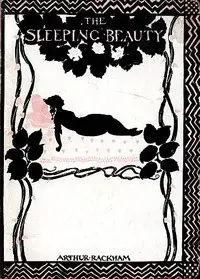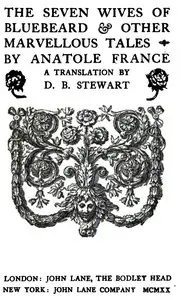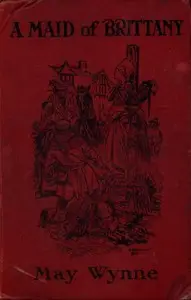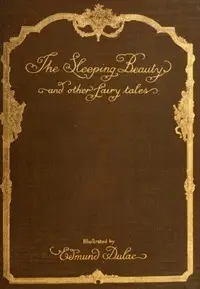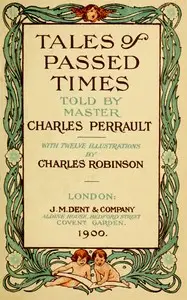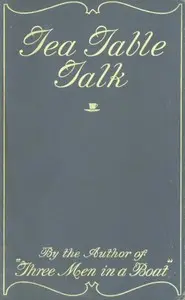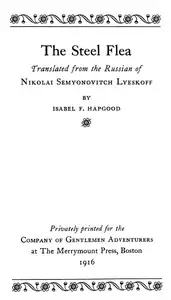"Malvina of Brittany" by Jerome K. Jerome is a whimsical tale that blends the old world with the new. It begins with a doctor recounting the strange case of Malvina, a fairy banished long ago for causing too much magical mayhem. Her story weaves from ancient Brittany, where she lived among the White Ladies, to the 20th century, where a simple kiss from Flight Commander Raffleton wakes her from a centuries-long sleep. Together, they try to understand Malvina's place in a changed world and what happens when fairy magic collides with human feelings, all starting with the playful chaos of her past.

Malvina of Brittany
By Jerome K. (Jerome Klapka) Jerome
A mischievous fairy, awakened from a long slumber by a kiss, must navigate confusing human emotions and a modern world with her reckless magic.
Summary
About the AuthorJerome Klapka Jerome was an English writer and humorist, best known for the comic travelogue Three Men in a Boat (1889). Other works include the essay collections Idle Thoughts of an Idle Fellow (1886) and Second Thoughts of an Idle Fellow; Three Men on the Bummel, a sequel to Three Men in a Boat; and several other novels. Jerome was born in Walsall, England, and, although he was able to attend grammar school, his family suffered from poverty at times, as did he as a young man trying to earn a living in various occupations. In his twenties, he was able to publish some work, and success followed. He married in 1888, and the honeymoon was spent on a boat on the River Thames; he published Three Men in a Boat soon afterwards. He continued to write fiction, non-fiction and plays over the next few decades, though never with the same level of success.
Jerome Klapka Jerome was an English writer and humorist, best known for the comic travelogue Three Men in a Boat (1889). Other works include the essay collections Idle Thoughts of an Idle Fellow (1886) and Second Thoughts of an Idle Fellow; Three Men on the Bummel, a sequel to Three Men in a Boat; and several other novels. Jerome was born in Walsall, England, and, although he was able to attend grammar school, his family suffered from poverty at times, as did he as a young man trying to earn a living in various occupations. In his twenties, he was able to publish some work, and success followed. He married in 1888, and the honeymoon was spent on a boat on the River Thames; he published Three Men in a Boat soon afterwards. He continued to write fiction, non-fiction and plays over the next few decades, though never with the same level of success.

